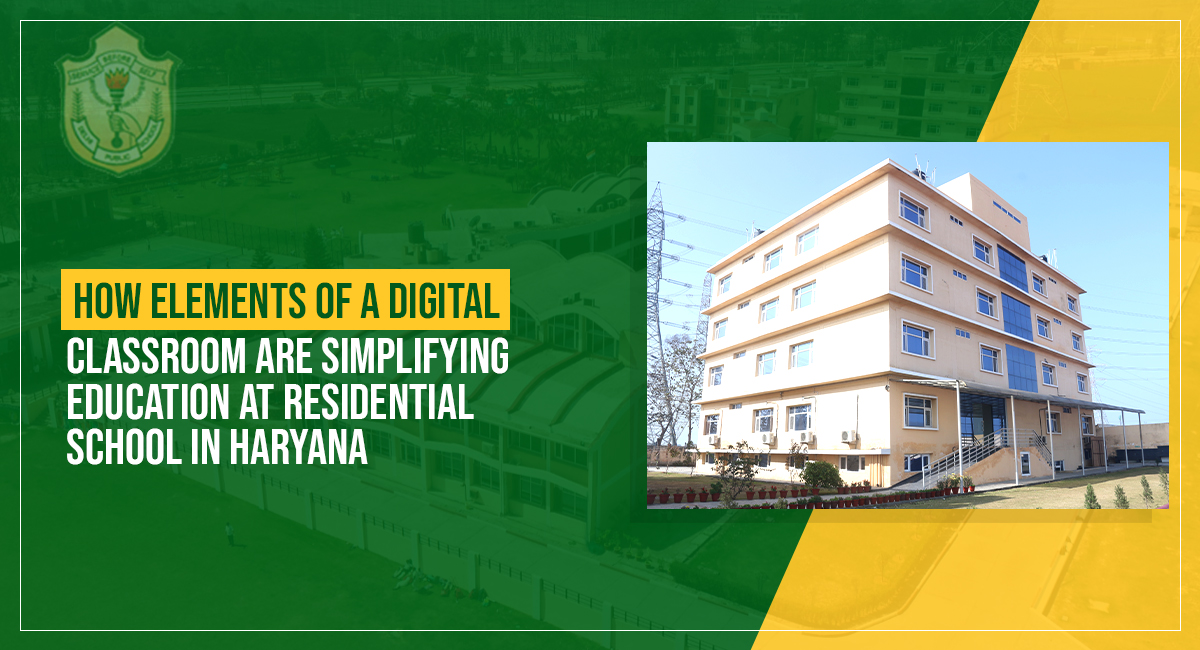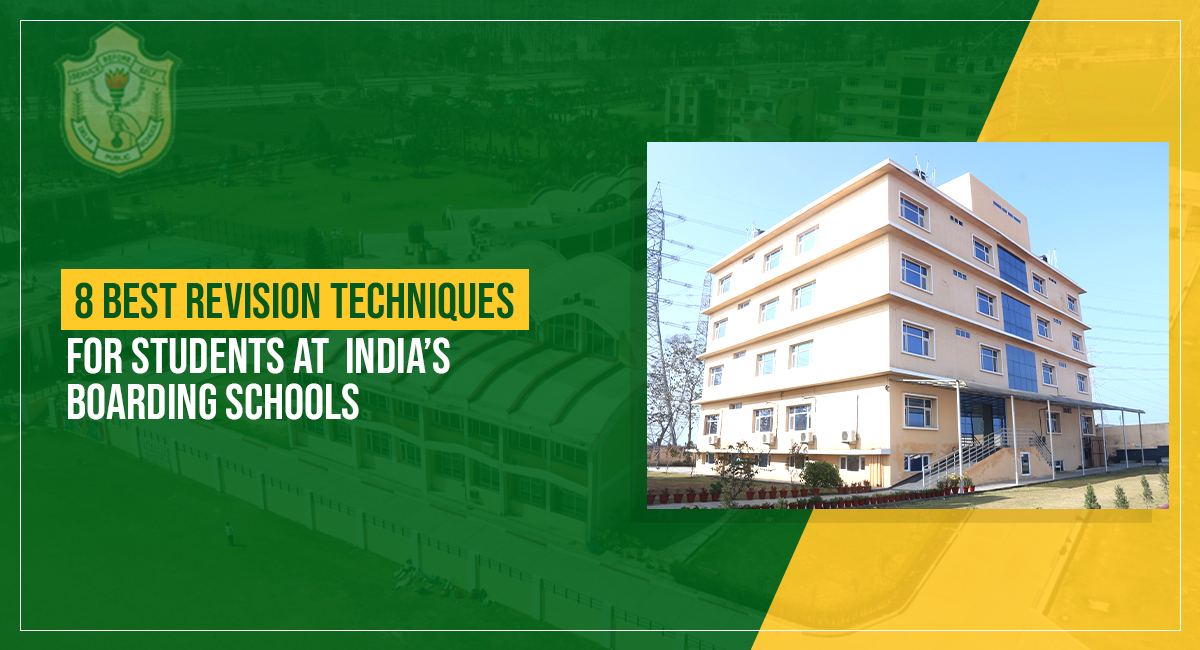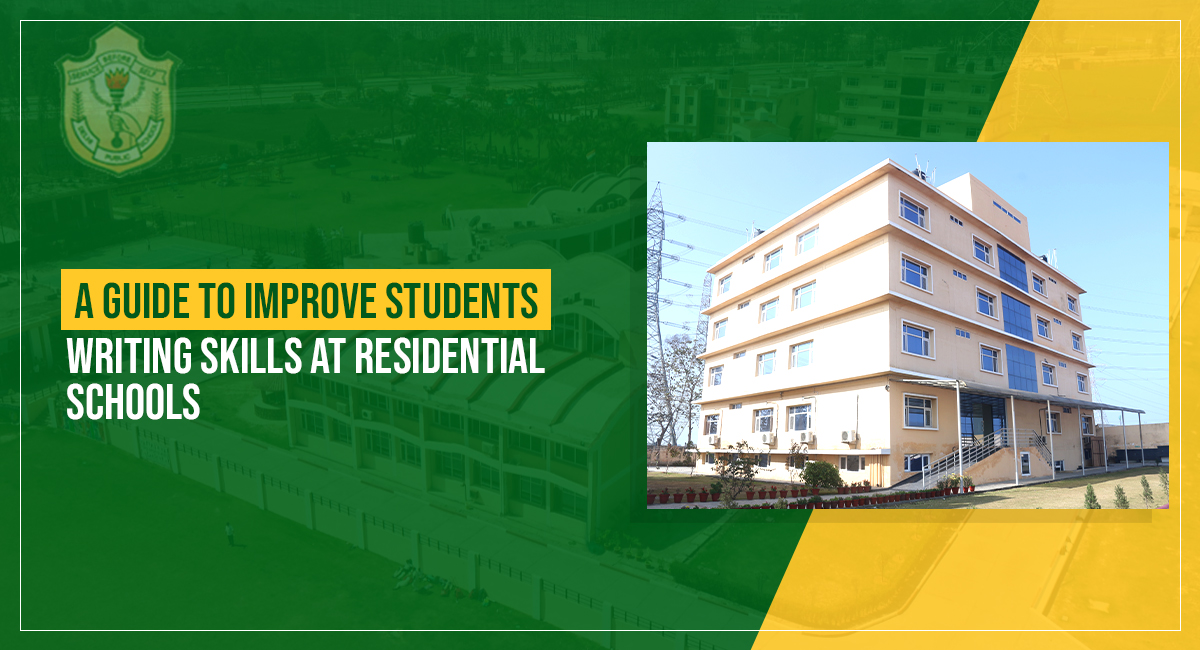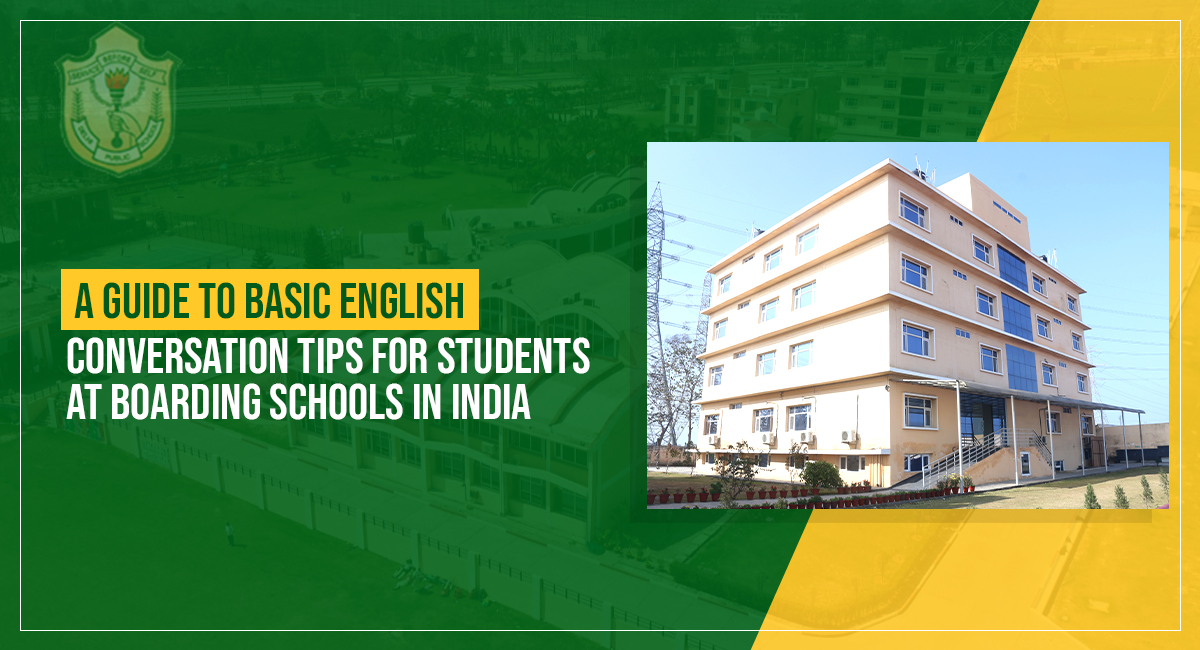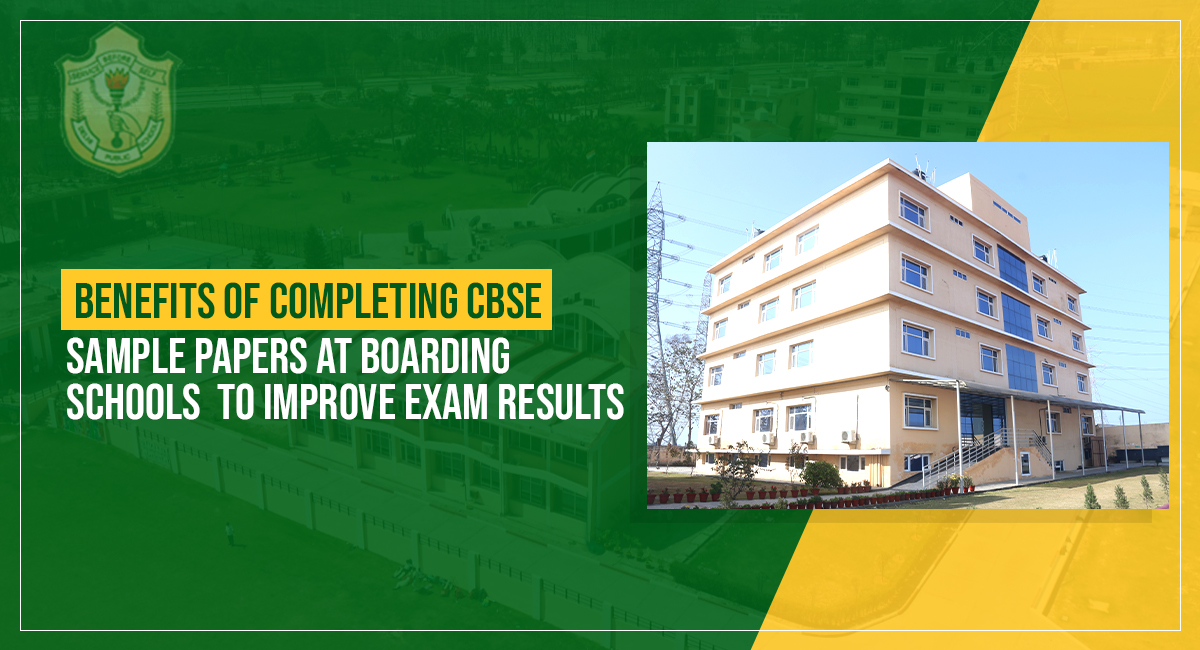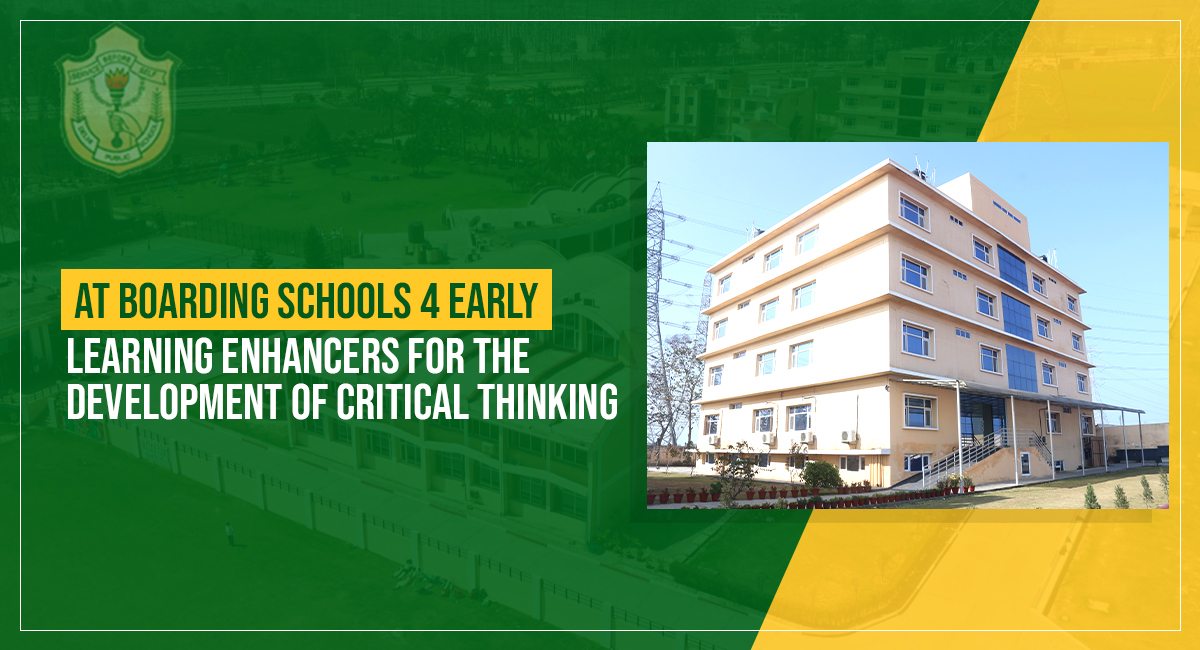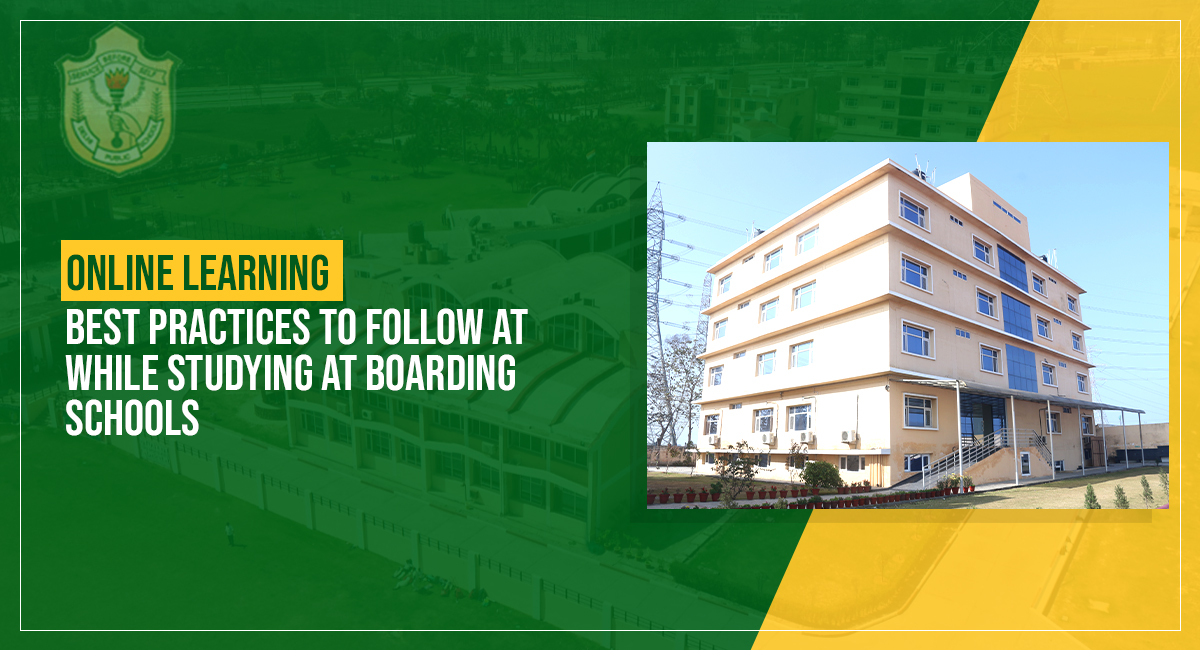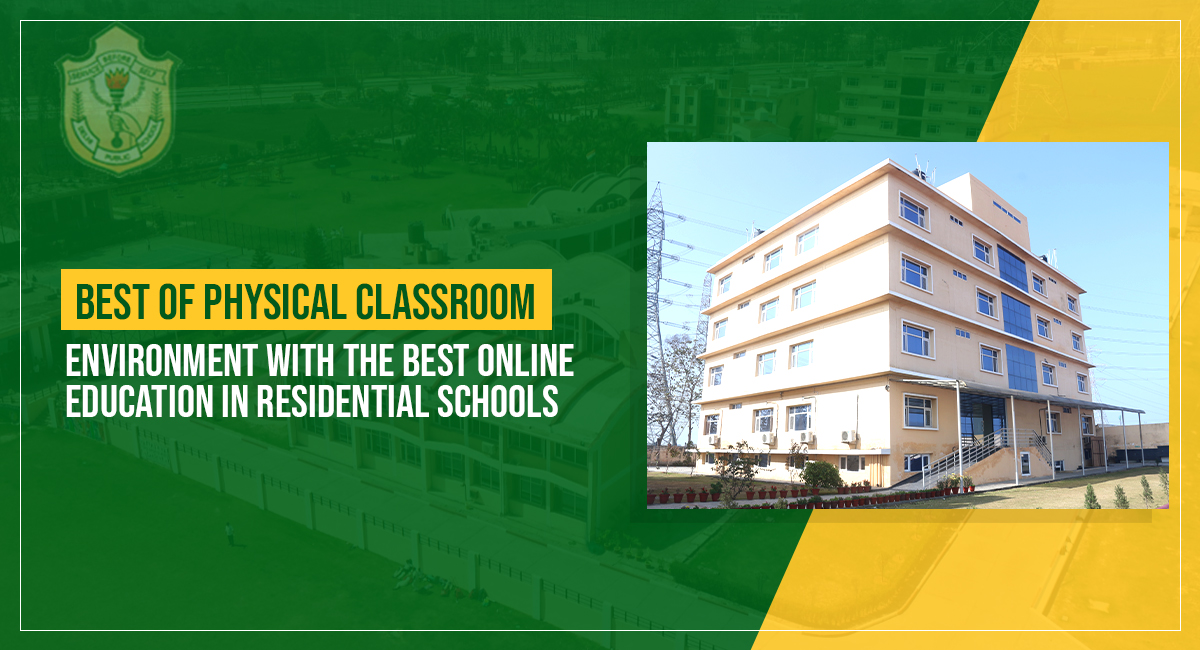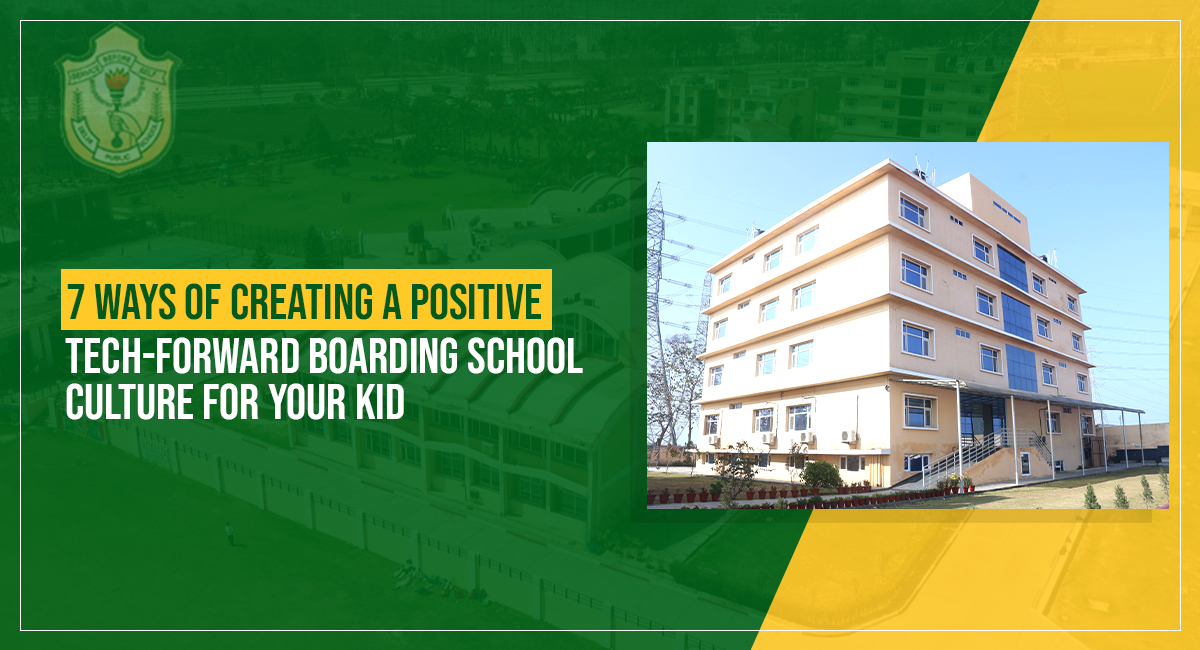In the heart of Haryana lies Delhi Public School (DPS), a beacon of educational excellence and innovation. As one of the best boarding schools near Chandigarh and a top CBSE boarding school in Haryana, DPS has embraced the digital revolution to transform traditional education. Through the integration of digital elements into the classroom environment, DPS is redefining the way students learn and teachers teach, ushering in a new era of educational efficacy and engagement.
Interactive Learning Platforms:
At DPS, interactive learning platforms serve as the cornerstone of the digital classroom experience. Through these platforms, students have access to a wealth of multimedia resources, including videos, simulations, and interactive quizzes, which cater to diverse learning styles and enhance understanding. Teachers utilize these platforms to deliver dynamic lessons that transcend traditional textbooks, fostering active participation and deepening comprehension.
Virtual Reality (VR) Immersion:
Delhi Public school (DPS), the Best boarding school near Chandigarh, imparts quality education and focuses on enhancing the children’s personal growth. Immersive technologies such as virtual reality (VR) are revolutionizing education at DPS. By transporting students to distant lands, historical epochs, and scientific phenomena, VR enhances experiential learning like never before. From exploring the Amazon rainforest to dissecting virtual organisms, students at DPS are afforded unparalleled opportunities for discovery and exploration, making learning both captivating and unforgettable.
Collaborative Online Spaces:
Collaboration lies at the heart of the digital classroom at DPS. Through collaborative online spaces, students can engage in group projects, discussions, and peer review, transcending physical boundaries to collaborate with peers both near and far. Whether brainstorming ideas for a science experiment or analyzing literary texts, these digital platforms cultivate teamwork, communication skills, and critical thinking abilities essential for success in the 21st century.
Personalized Learning Pathways:
Recognizing that each student possesses unique strengths, weaknesses, and learning preferences, DPS embraces personalized learning pathways to cater to individual needs. Through adaptive learning software and intelligent algorithms, students receive tailored instruction and practice exercises, ensuring that they progress at their own pace and maximize their academic potential. Whether remedial support or advanced enrichment, personalized learning pathways empower students to take ownership of their education journey.
Real-Time Assessment and Feedback:
Gone are the days of waiting weeks for exam results; at DPS, real-time assessment and feedback are the norm. Through digital assessment tools and analytics platforms, teachers can instantly gauge student understanding and provide targeted feedback for improvement. Whether through quizzes, polls, or online assignments, these real-time assessments enable educators to adapt their teaching strategies in real-time, ensuring that no student is left behind.
Flipped Classroom Model:
In the traditional classroom model, teachers deliver lectures during class time, leaving students to complete assignments and homework independently at home. However, DPS has flipped this model on its head. Through the flipped classroom model, students engage with instructional content at home through videos and readings, while class time is dedicated to active learning activities, discussions, and collaborative projects. This approach maximizes face-to-face interaction and allows teachers to provide individualized support where needed.
Accessible Resources for Remote Learning:
In an increasingly digital world, access to education should not be limited by geographical constraints. Recognizing this, DPS has invested in robust infrastructure and digital resources to support remote learning initiatives. Whether through live-streamed lectures, digital libraries, or online tutoring sessions, students at DPS can access high-quality education anytime, anywhere, ensuring continuity of learning even in the face of unforeseen disruptions.
Conclusion:
In conclusion, the digital classroom revolution at Delhi Public School (DPS), one of the best boarding schools near Chandigarh and a top CBSE boarding school in Haryana, is reshaping the landscape of education. Through interactive learning platforms, virtual reality immersion, collaborative online spaces, personalized learning pathways, real-time assessment and feedback, the flipped classroom model, and accessible resources for remote learning, DPS is empowering students to thrive in the digital age. As DPS continues to innovate and adapt, it remains at the forefront of educational excellence, inspiring the next generation of learners to reach new heights of achievement and success.

